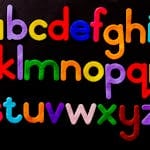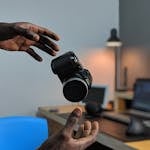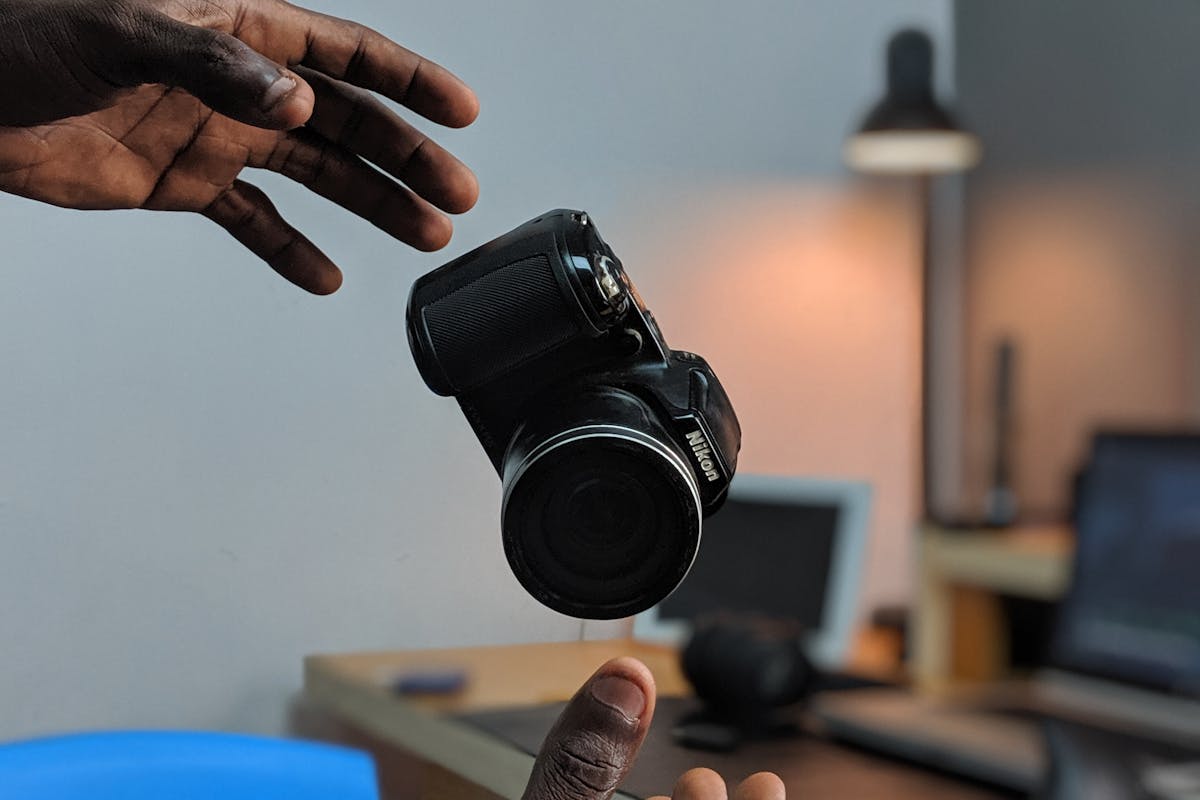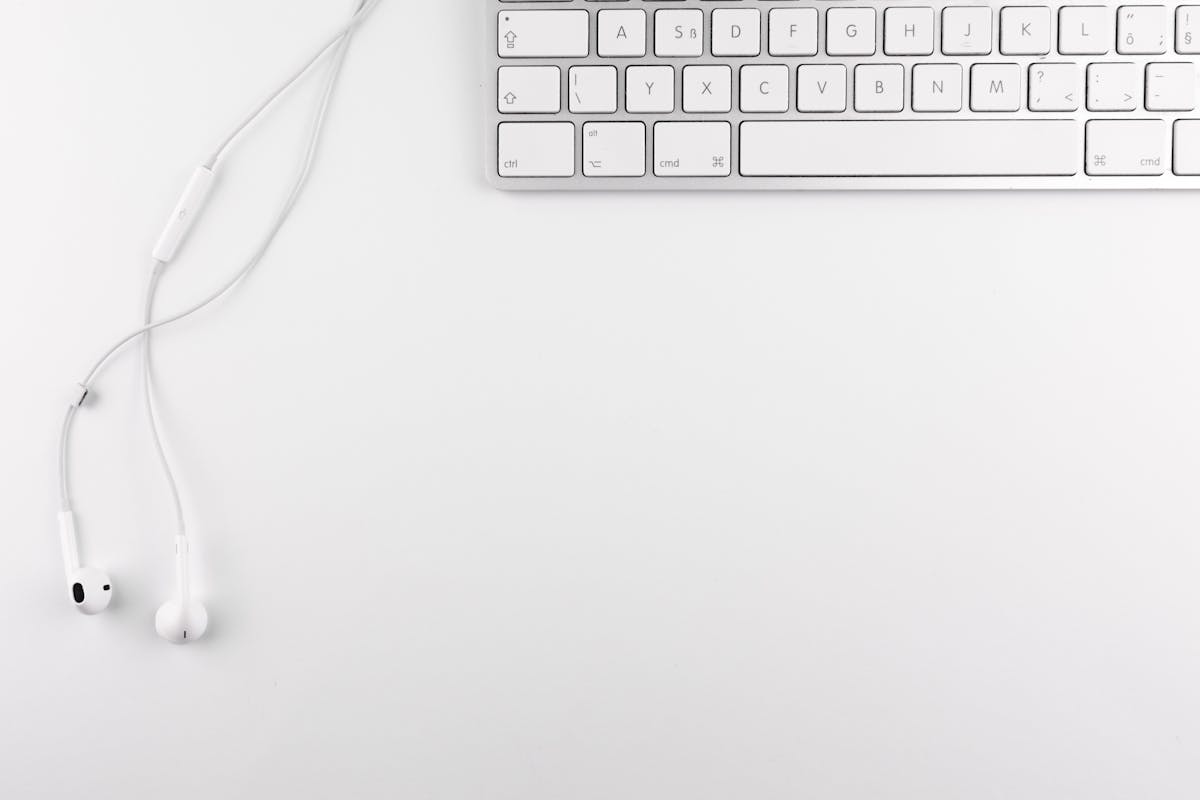Recent dispatches from CanDARE
Posts are regularly added to the Praxis, Learning from Learners and Library sections of the CanDARE site. See all the latest posts here.
Transformative research: Personal and societal. A Mixed Methods approach.
Conference Downloads
Web Accessibility Policies at Land-Grant Universities.
This is a highly cited paper that offers some historical perspective (2010) and provides an overview of web accessibility issues…
I am a researcher with disabilities. Sometimes I am a disabled researcher. Sometimes I am an enabled researcher.(4 min)
In a special disability-focused issue of the journal, multiple theories and perspectives on accessibility in teaching and learning, and in the workplace, are explored. Oswal’s…
Educators like seeing theory and practical strategies come together. This theory-building paper offers many practical steps educators can take to make their courses more accessible…
This report, commissioned by the Federal government, offers both an analysis of the current landscape and detailed recommendations for pathways to improve educational experiences and…
What makes reading with text-to-speech technology a distinctly different reading experience? And how can you support it? (2 min read, 3 min video)
Educators assume a learner who needs help finding a book can just ask the library. But getting help isn’t always that straightforward. (3 min read…
These experiences have been curated to offer diverse glimpses into how learners with disabilities experience inaccessibility in education. (10 min)
This brief paper offers insights into the lived experience of 10 learners from an Ontario university who self-identify as having “invisible” disabilities.
This study indicates few educators broach the subject on the first day of class when they review syllabi, policy and other course-structuring topics. It also…









